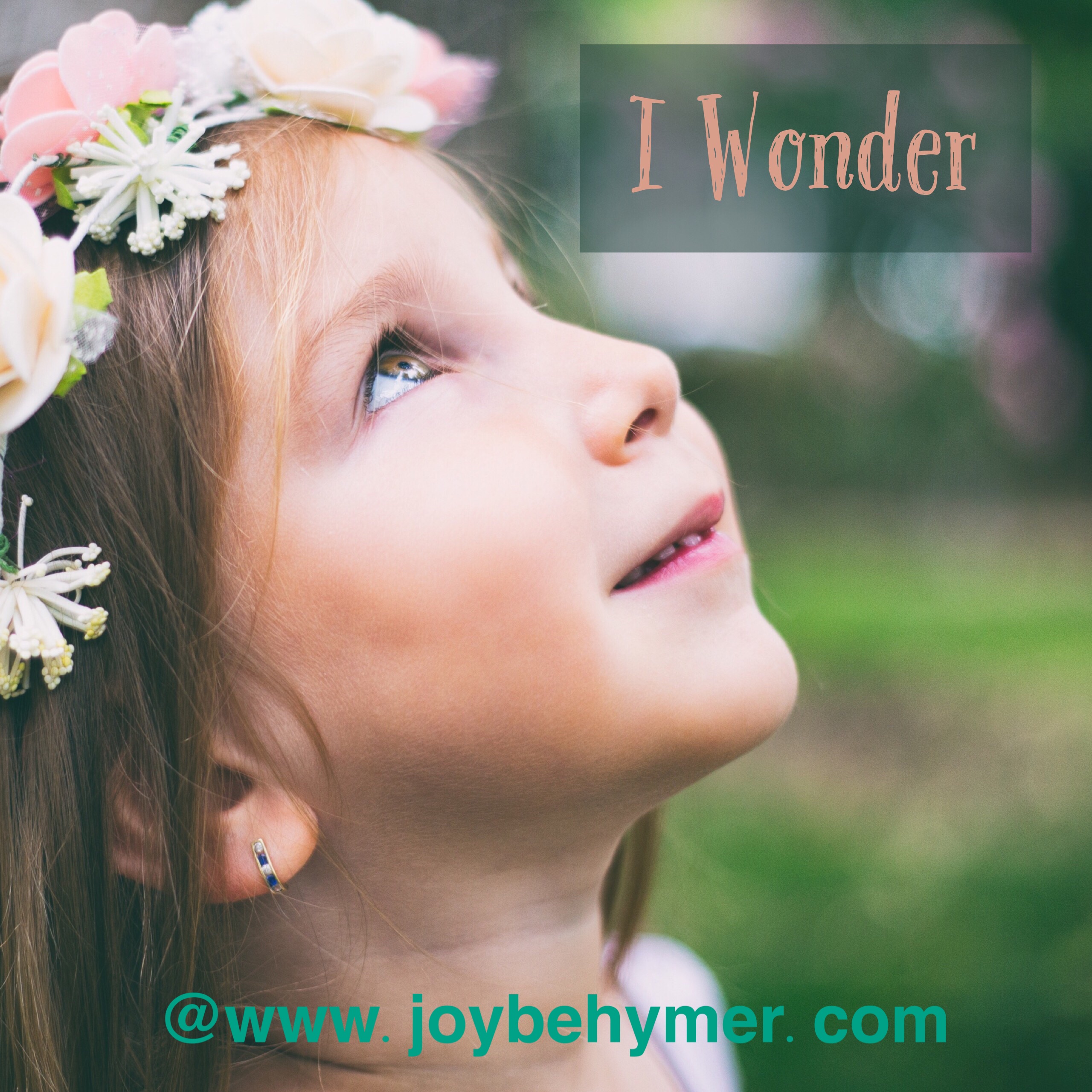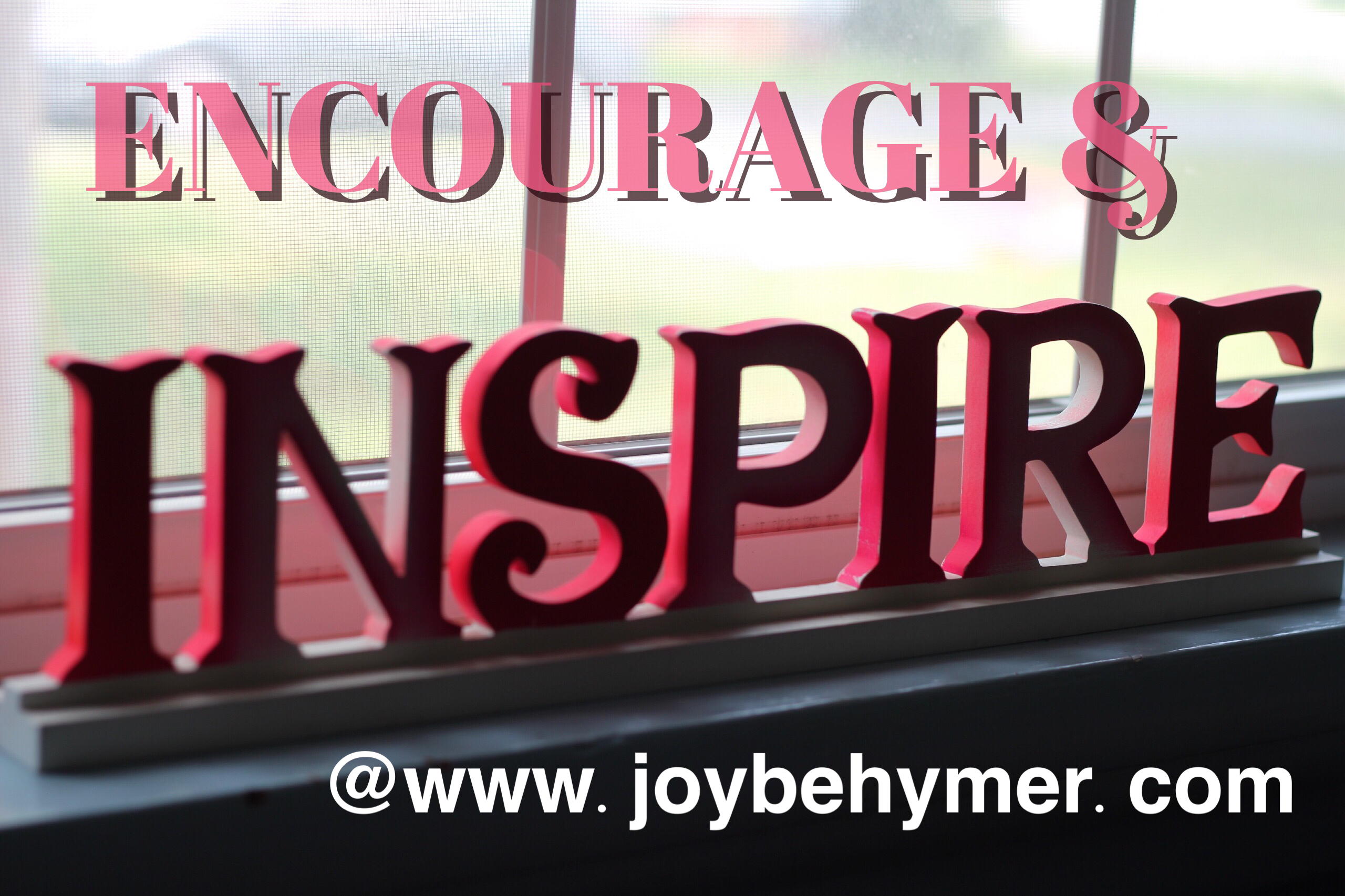
I wonder how much better we could be if we changed some of our ideas and labels when we speak. What if when we used the word “race,” we replaced it with “humanity”? What if when we address someone instead of referring to their status or class, we replaced it with “our fellow citizen”? What if instead of referring to one’s specific religion, we replaced it with their spiritual practice? I think we can honor one another in the way we speak and address others respectfully even when they may come from different places and opinions than our own.
The way we start a conversation can set the tone for how we respond to and work with one another. When we use slang and labels, we may put others on the defense, preventing further constructive communication. Whether we are looking at someone face to face or communicating via technology, we can step back and be more aware of the words we use with one another.
Although habits can be tricky to break, if we can pay attention to the energy we bring to one another, we can further a healthier humanity. You may not agree or understand where someone else is coming from, but you can civilly put some differences aside to listen to one another. We can misunderstand from our own egos. Our ego can certainly limit us from love, friendship, and opportunities when we are too stubborn with it. We all have an ego; we just don’t always take the time to notice what loops it may be running in.
Many times our differences and prejudices are learned behaviors. We don’t always question if that is the best way to interact with others. Nor do we always look at ourselves more closely to see if we are contributing to negative or harmful energy. It isn’t always easy to take a deeper look at ourselves and our habits. Just like the patience and love we can give to others, we also need to give ourselves the time and patience to work through our own biases and misunderstandings. Often our prejudices simply come from lack of experience.
Maya Angelou once said, “When you know better, you do better.” We may not always initially know better, but we are all capable of learning. Learning from one another. Learning from others’ experiences and points of view. I feel like we live in a culture that is quicker to judge than understand. Though actions may initially look cut and dry or perhaps black and white, often I find it’s only one small piece of the story. Sometimes people perform certain actions based on the best knowledge they happen to have at the time. Under their circumstances and experiences, they are moving from their life knowledge.
Currently I have a daughter who is 18. She is the at the ripe age of having some interesting observations based on her 18 years of life. She thinks anyone over 30 is old. I could easily try to argue this point with her, but like many times I’ve encountered individuals this age, I can’t give them my perspective. They may embrace it or think it’s foolish, but until they arrive at 30 will they find out if that is really old or still yet young. I love my daughter and at times have to remind myself of some of the perspectives I had at her age so that I can be more loving and forgiving toward her. What if we could also do this for one another? Outside of our families, outside of our circle of friends, outside of our communities, and outside of our comfort zones?
It isn’t always easy, and I’m sure many times I fail. But what I do know is I have the daily choice to try to choose better words and ways to communicate with her and others. This may seem like a small silly example, but we can actually apply this metaphor to the larger issues we face that are dividing us as a civilization, country, and world.
We can take some time and space to question where our labels, definitions, and judgements stem from. Were they taught? Are they based on personal experience? Are they really true? One example that comes to mind that I experience from time to time is that I get a new client who received a gift certificate to my services. At times they arrive with ideas that are scary and with a mindset that they aren’t going to like it. It can make it a little more challenging to navigate. Since I have experienced this many times, I’ve learned to take some extra time to explore why they feel this way and how we can address their feelings and needs.
Often it is because either their imagination ran into a strange place, or they simply had a bad experience with another practitioner which left them with the feeling or opinion that all practitioners in my field were the same way. I’ve been fortunate; by taking the time to work with them on their anxieties by carefully explaining more about myself and my services and giving them space to express their fears and worries, I’ve found that we come out on the other side with a positive experience. And I’ve gained a loyal client. I could address these instances in many ways including my own biases, but it certainly doesn’t appear to help me or take me far in business. I wonder how many times we do this ourselves?
In many fields and situations, whether it be personally or professionally, we come across prejudices, narrow-mindedness, and viewpoints based on others’ experiences. We have a choice whether we rise above them to create a new or better experience, or whether we meet it with our own discrimination.
Although there are times to have healthy boundaries and not accept abuse or inappropriate behavior, I find these instances very few and far between when I am more cautious with how I use my words with others and handle the situation.
I would just like to introduce an idea into your mind. What if we paid more attention to how we address others, use our words, and communicate from a positive and loving intention? I can’t promise you will always get the same results, but based on my experiences working with the public, I can say you can leverage your experience with how you choose your labels and words. In this new day and age, we certainly can take this concept into our virtual worlds of communication.

